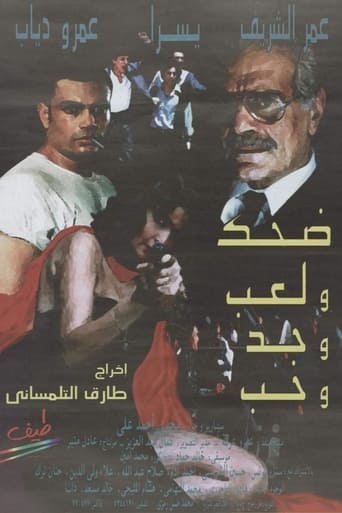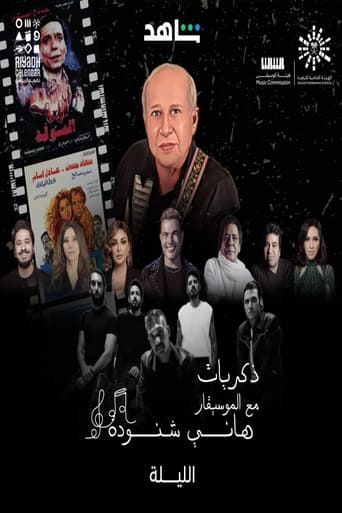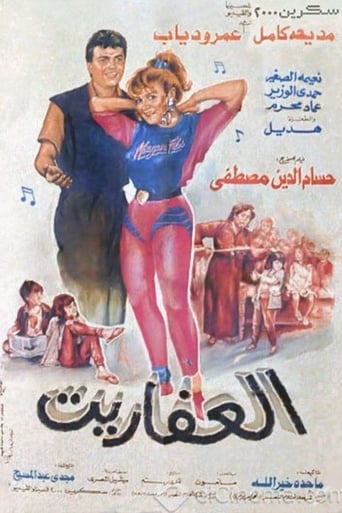
Amr Diab
1961-10-11
Biography
Diab is the best-selling Arab recording artist of all time, according to Let's Go Egypt. He was awarded the World Music Award for Best Selling Middle Eastern Artist four times: 1998, 2002 , 2007 and 2009. He has also sold over 50 million albums worldwide. Amr Abdel Basset Abdel Azeez Diab was born October 11, 1961 in Port Said. His father was an accountant and his mother a French teacher. Both his parents encouraged their children to sing from a young age. Amr sang for the first time in public radio on a national holiday (Galaa’ Day) where he sang the national anthem in 1968. The mayor of Port Said awarded him with a guitar for his efforts. Amr was only 6 years old at the time. Diab studied music at the art academy in Cairo, performing with his band “Mo Music.” He moved to Cairo in 1982 to study at the High Institute of Arabic Music. He taped his first song “Time” in 1983, but it was never officially released. In 1983, Diab released his first studio album, “The Road.” He graduated from the institute in 1986. Diab released three more albums between 1984 and 1987. 1988's "Mayaal" garnered huge success all around the Middle East. It was produced, arranged and remixed by German musicians, Frank Von Dem Bottlenberg and Jörg Evers, with various releases. More success followed in the following years including the albums Shawakkna, Matkhafesh, and We Yloumouni. By 1992, he became the first Arabic artist to start making high-tech music videos. "Habibi Ya Nour el Ain" from Diab's 1996 album, Nour El Ain became a worldwide hit, and was remixed by many of the world's top DJs. Diab's album El Leila De was released in the summer of 2007 and topped the Arabic music charts for 22 weeks. Diab received a World Music Award for Best Selling Middle Eastern Artist for the album. In 2008, Diab renewed his contract with Rotana for five more years. In 2009, Diab released a new album Wayah.
Also appears in

Amr Diab - ElHelm

Ice Cream in Glim

Laughter, Joy, Work and Love

Memories of Hani Shenouda
Not yet rated

Al Afaret